Five years after its launch, Saudi Arabia’s recently-concluded Mdlbeast Soundstorm music festival has put the kingdom’s capital of Riyadh on the map in terms of live events in the Middle East.
This year’s Dec. 12-14 edition of Soundstorm – which started out in 2019 as an electronic dance music festival – featured over 200 international artists spanning rap, rock, pop, and house music. It marked Soundstorm’s strongest lineup thanks to chart-topping artists such as Eminem, Linkin Park, and rock bands including Thirty Seconds to Mars and U.K. trio Muse, as well as hip-hop stars like Russ, G-Eazy, J.I.D., and Busta Rhymes, to name a few. Along with a host of top Arabic acts such as Lebanese artist Elissa, Syrian singer Nassif Zeytoun, and Saudi DJ and producer Cosmicat.
Variety spoke to Mdlbeast CEO Ramadan Alharatani about how he attracted bigger acts from the U.S. such as Eminem who, making his first appearance in Saudi Arabia, performed his hit “Love The Way You Lie” for a crowd of more than 100,000 fans.
Talk to me about opening night, which has been called a local milestone…
The opening night with Eminem was definitely an epic one. But just to give you an overview, this is our fifth edition of Soundstorm. And this year we went for an innovative stage design with a large central stage called the Big Beast that, in terms of visual impact, felt like the stage was floating. So, aside from reaching the next level in terms of artists there has also been a new push in terms of live stage design and production.
Was Eminem your top draw?
Yes. Eminem’s show filled up the entire capacity of 110,000 [people] for that stage. We typically get the biggest day of attendance on Friday. But because the Eminem show was on Thursday, we actually had a record-breaking number that night of 200,000 attendees overall, which is the maximum capacity for our site. Eminem was a great headline [act]. But of course I have to mention the Linkin Park performance right before that attracted quite a different and diverse audience to that segment. And I must note the beauty of these types of artists that have been there for generations but still connect with with the Gen Zs with their new music and releases. These, and others, have helped us to really diversify and attract a range of audiences across different music genres, nationalities and age groups. So I had people that were Linkin Park and Metallica fans that came along with their sixteen-year-old kids to the event. And who would’ve imagined that you could do that?
Has it become easier for you to attract this level of talent from outside the region?
Yeah. With our fifth edition, definitely it’s been a piece of cake because we’re getting actually agents and talents companies rosters to say, “Hey, can you book us?” And that wasn’t the situation when we started. In 2019 we had to prove — we were lucky to start obviously with being able to book top headliners from year one — but we had to prove that we are credible promoters. We have been able to build trust and credibility in our level of execution and professionalism and have then taken it to the next level in terms show and stage production.
Soundstorm in 2019 was a groundbreaking experience. Can you give me a sense of its cultural significance?
In 2019 it was the first time that these different communities – that either partied outside of geographic boundaries of Saudi or within closed doors of Saudi (a scene that existed for ages) came together. So it was a moment of real cultural transformation. Just one year earlier, it would have been impossible. So I compare it, from a U.S. culture point of view, to your 1969 Woodstock. This music festival means a lot for Saudi, even though if you take it outside of this part of the world, it’s just a drop in the ocean. Once you understand the context of where we came from, the change that took place: it means a lot more than just a dance floor for us.
Let’s zero in on why this year’s Soundstorm marks a milestone
It’s not just the numbers, it’s the diversity of the crowd that I think is important. It’s the amount of music tourism that came through because that’s proof of concept that the host city [Ryadh] is also benefiting from hosting such events. I want to see more contribution [of Soundstorm] towards the “creative GDP” and the ecosystem here, where you start seeing music being a core contributor. Very similar to what film and Hollywood are in the U.S. market.
Speaking of Hollywood, it’s no secret that shortly before Soundstorm launched there were events [surrounding the killing of U.S.-based journalist Jamal Khashoggi] that prompted a sort of stigma to take place vis-a-vis artists coming into Saudi from the U.S. Is this dissipating?
That’s a very interesting question because typically global artists are well traveled, right? So they’ve been to different places. That sentiment has definitely changed with people just coming here and experiencing it for themselves. Sometimes it surprises me how ignorant some artists are even when they are well-traveled. They don’t understand that there are two positions you can take: You either support progress or you block it. And everyone that has come [here] and seen the level of progress that has taken place in Saudi realizes that either you are part of that – of shaping the history while the scene is fresh and making that happen – or [you] just stand on the fence and wait for others to tell you how their experience was. But, again, that sentiment really has changed with everyone who has came through and seen it for themselves. They had a good time and said: “I’ll do this again.”
How do you balance big international acts with artists from the region?
The balance between local and international is a really important part at what we do at Mdlbeast because international audiences that are flying in want to see something new. And that new element they want is local sound and fresh new talent. Also the beauty of what we bring in terms of locals occurs when the [non-Arabic] artist says: “I’m actually looking for local collaboration.” There have been many examples of that from our first edition up until today with global producers and DJs working with top headliners from Saudi, Egypt, Lebanon and rest of the Arab world.
Tell me more about the local artists and how they paired up with international ones
So we had Nooriyah (AKA Núria) [the Berlin-based DJ from Syria who was raised in Riyadh] and [Palestinian-American DJ] Habibeats, which are both super iconic DJs from the region. They did a back-to-back this year at Soundstorm. And we had a lot of the big DJs like David Guetta, Steve Aoki, Afrojack and R3HAB perform with the likes of [Iraqi-Saudi singer and composer] Majid Mohandis and other local Arab superstars as well.

Soundstorm is obviously a huge opportunity and showcase for Saudi artists. Talk to me about this aspect
Roughly 20 Saudi female artists were at the skill level to be able to perform in our first edition. That has inspired lots of talent since then in different genres, ranging from rock bands that are just all-girl rock bands, to multiple DJs and producers. And that first wave has also travelled globally to other stages. So [Saudi Arabian DJ and producer] Cosmicat has performed in multiple festivals around the world including Tomorrowland, Exit, Ushuaia in Ibiza and Ultra in Miami. That’s just one example to show you how much change has taken place [in Saudi] from a music point of view. And since then, the rest of the [Saudi] music scene has matured so much. The Saudi Music Commission has been established. Music academies are being created. Music is now taught again in public schools. And copyright associations and bylaws are also being developed to ensure that our artists are being compensated for licensing of their music and all that. We also host initiatives like the annual XP Music Futures conference right before Mdlbeast Soundstorm. And we have multiple other initiatives that support talent development, policy development and innovation in music.

This interview has been edited and condensed for clarity.

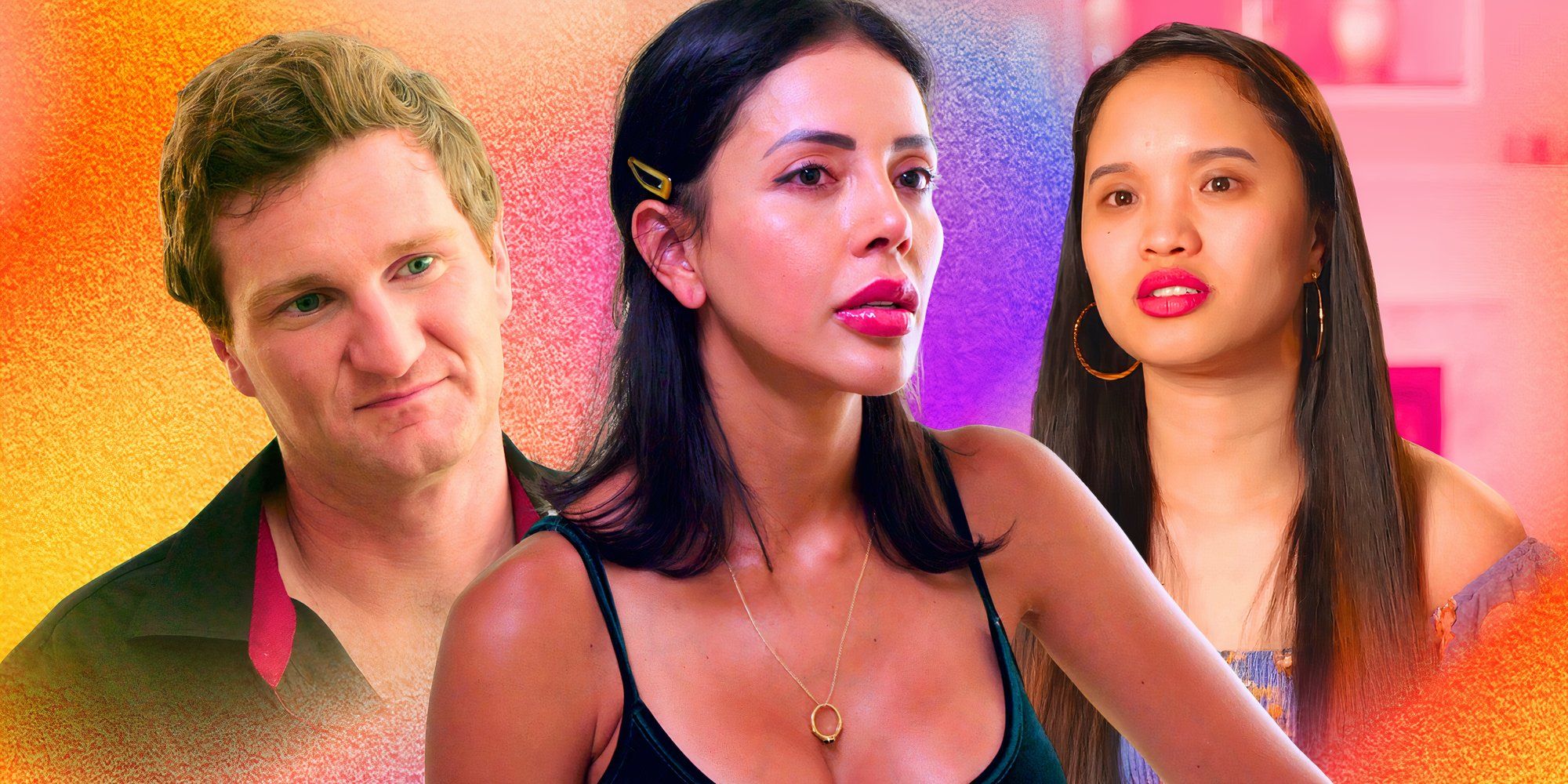
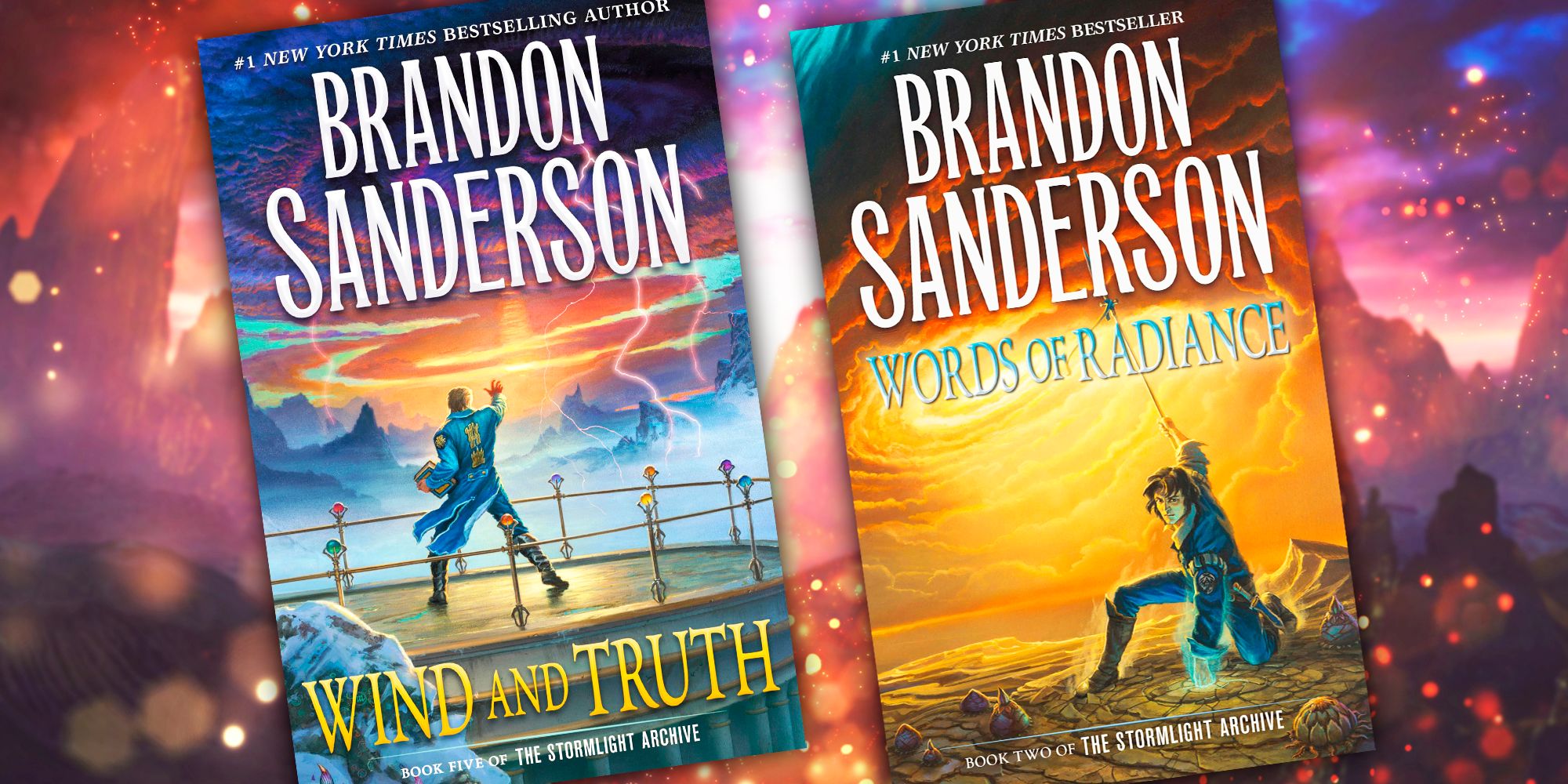
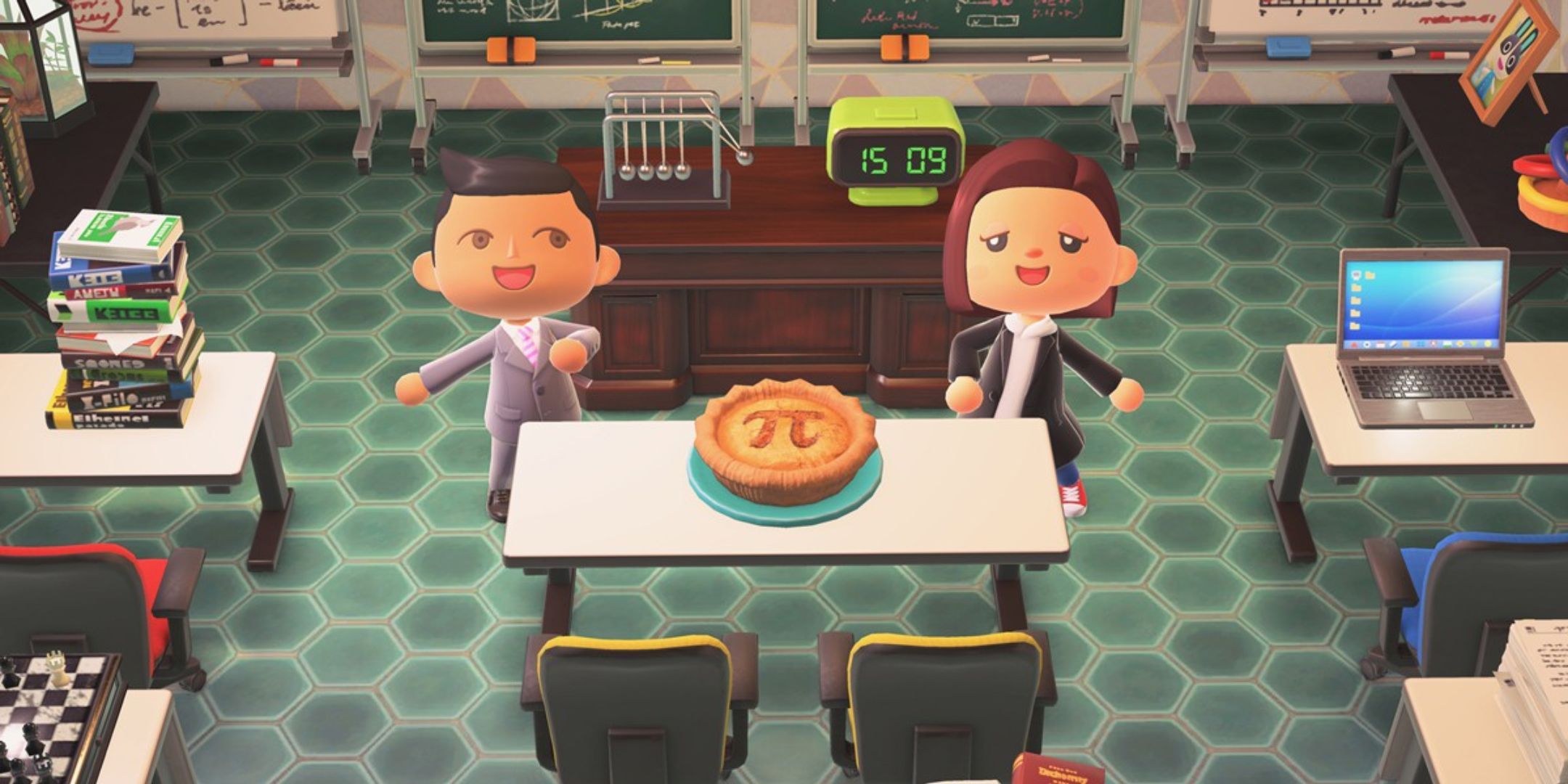



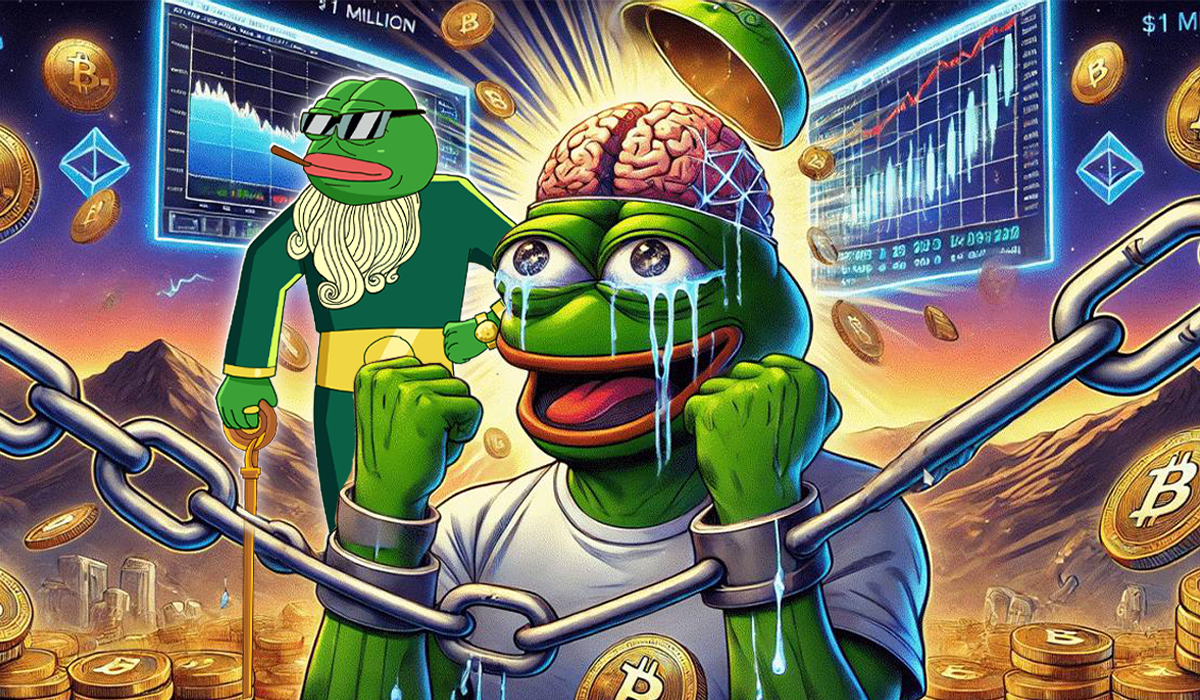
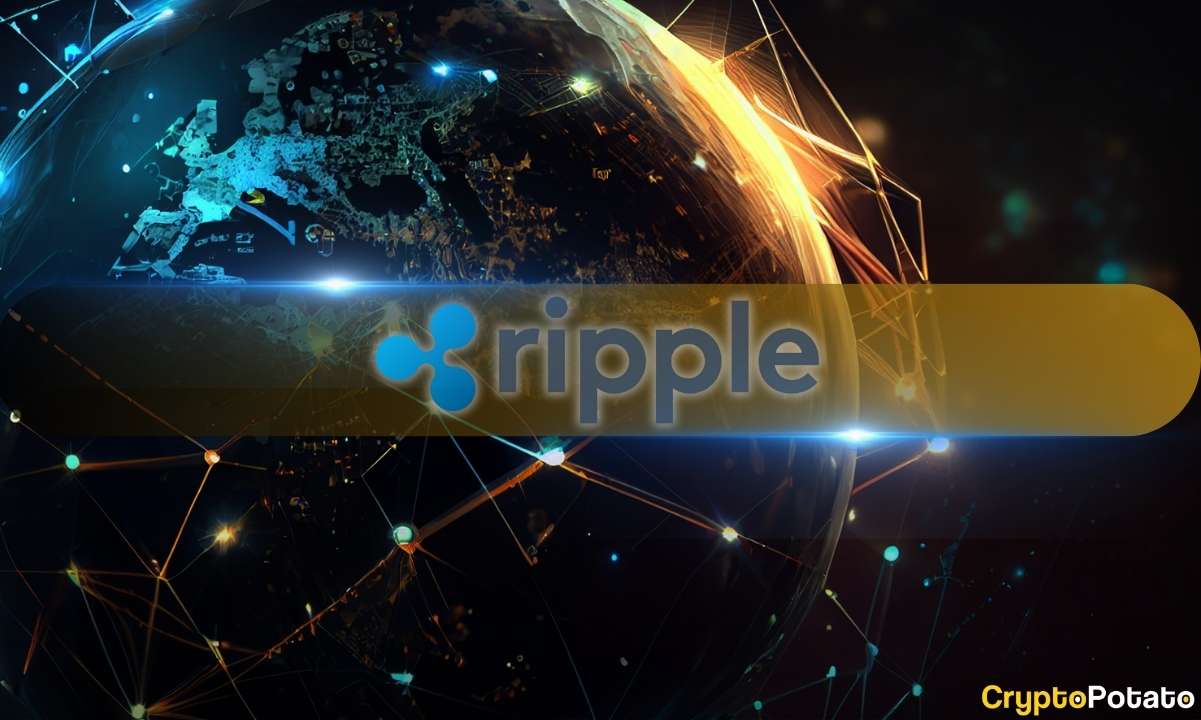
 English (US) ·
English (US) ·